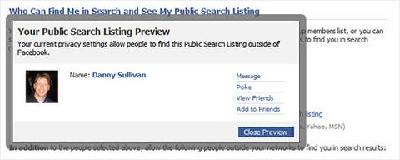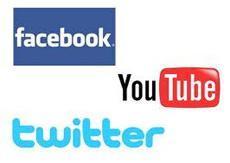
We call interactive communications tools such as Twitter and Facebook social media. But lots of commentators have asserted that using them heavily makes people less sociable, if not downright anti-social.
They say such communication is largely self-centered, and that folks get wrapped up in texting or spilling their innermost secrets online, without ever relating to others' concerns.
But a new national survey of more than 2,200 American adults shows that those who use social-networking sites have what the study calls "higher measures of social well-being." They are, it found, more trusting, have more close friends, get more support from those friends and are more politically engaged than other Americans.

And the survey, by the Pew Research Center's Internet & American Life Project, told us something most of us already knew - that Facebook, in particular, has put users in touch with old high-school friends and revived other long-dormant relationships.
Much of the speculation about the impact of social-networking sites has centered on the possibility that they are hurting users' relationships and pushing them away from participating in the world, notes Keith Hampton.
The University of Pennsylvania communications professor was the lead author of the Pew Report. "We've found the exact opposite, that people who use sites like Facebook actually have more close relationships and are more likely to be involved in civic and political activities."
It can be noted that the 85-page report by Professor Hampton and his colleagues, which also found that the number of people using social-networking sites has doubled since 2008, ran considerably longer than 140 Tweet-able characters.
(来源:VOA 编辑:崔旭燕)
